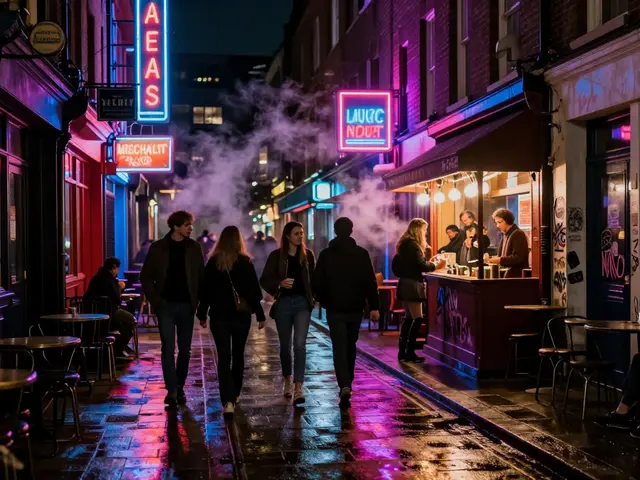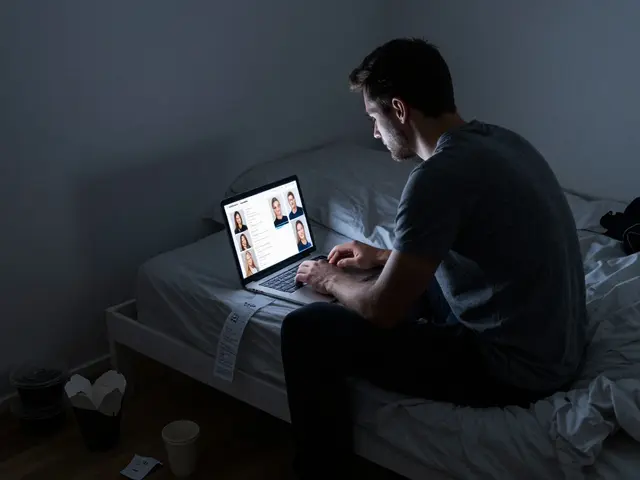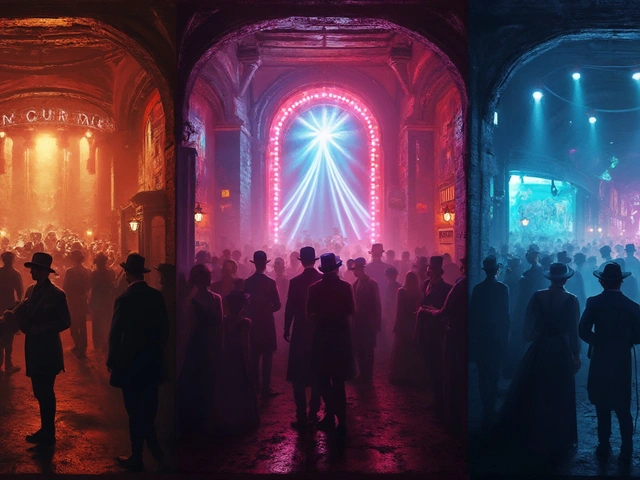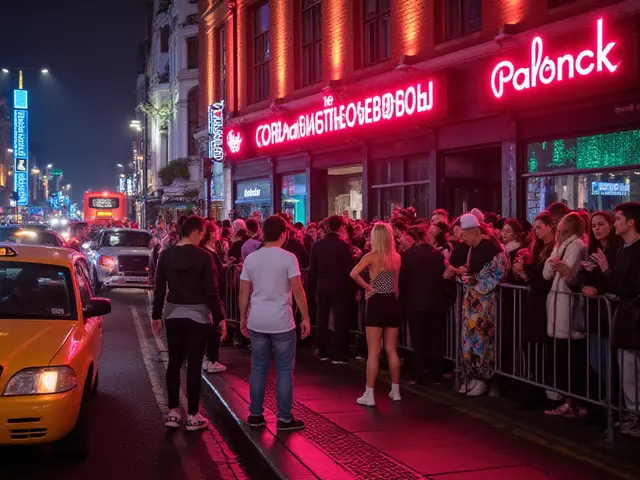Clubbing Health Effects: What Happens to Your Body
Hit the club and the lights flash, the beat drops, and the night feels endless. But after the music stops, your body pays the price. Knowing what changes inside you helps you enjoy the scene without paying a heavy health toll.
Sleep and Energy After a Night Out
Late‑night dancing pushes your circadian rhythm off balance. Most clubs don’t close until after midnight, and the bright strobe lights suppress melatonin, the hormone that tells you it’s time to sleep. The result? You’ll feel groggy the next morning, and that sleep debt can add up if you club multiple weekends in a row.
Quick fixes like energy drinks seem tempting, but they only mask fatigue for a short while. A better move is to wind down with a quiet, dimly lit space as soon as you leave the club. Even a 30‑minute nap in a dark room can restore some alertness and protect your immune system.
Alcohol, Noise, and Long‑Term Risks
Alcohol is the unofficial club currency. One or two drinks may feel harmless, but the combination of high‑volume music and alcohol spikes dehydration and heart rate. Over time, repeated binge drinking raises the risk of liver issues, high blood pressure, and even heart arrhythmias.
The noise level in most clubs exceeds 100 dB. Prolonged exposure can damage the tiny hairs in your inner ear, leading to tinnitus or permanent hearing loss. Wearing simple earplugs cuts the decibel level dramatically without muting the music.
Besides the physical toll, the social environment can affect mental health. The pressure to stay constantly “on” and the easy access to substances may trigger anxiety or mood swings, especially if you’re already stressed.
So, how can you keep the fun while protecting yourself? Start by setting a drink limit before you step inside—two standard drinks is a safe benchmark. Alternate alcoholic drinks with water to stay hydrated and reduce hangover severity.
Bring a pair of reusable earplugs in your pocket. They’re cheap, discreet, and let you hear the beat clearly while keeping your ears safe. Also, plan a quiet activity after the club—like a late‑night coffee in a low‑key café—so your body can transition back to a normal rhythm.
Finally, listen to your body. If you feel dizzy, overly tired, or notice ringing in your ears, it’s a sign to call it a night. Skipping one party won’t ruin your social life; it will keep you ready for the next round.
Enjoying London’s club scene doesn’t have to come at the cost of your health. Small habits—moderate drinking, ear protection, and a quick wind‑down—make a huge difference. Keep the music alive, but let your body recover, too.
30 July 2025
Lincoln Thorne
Is clubbing about fun or trouble? Dive into the pros and cons of nightlife, its impact on health, safety, and your social life, and spot the surprising truths behind the dance floor.
Continue Reading...






